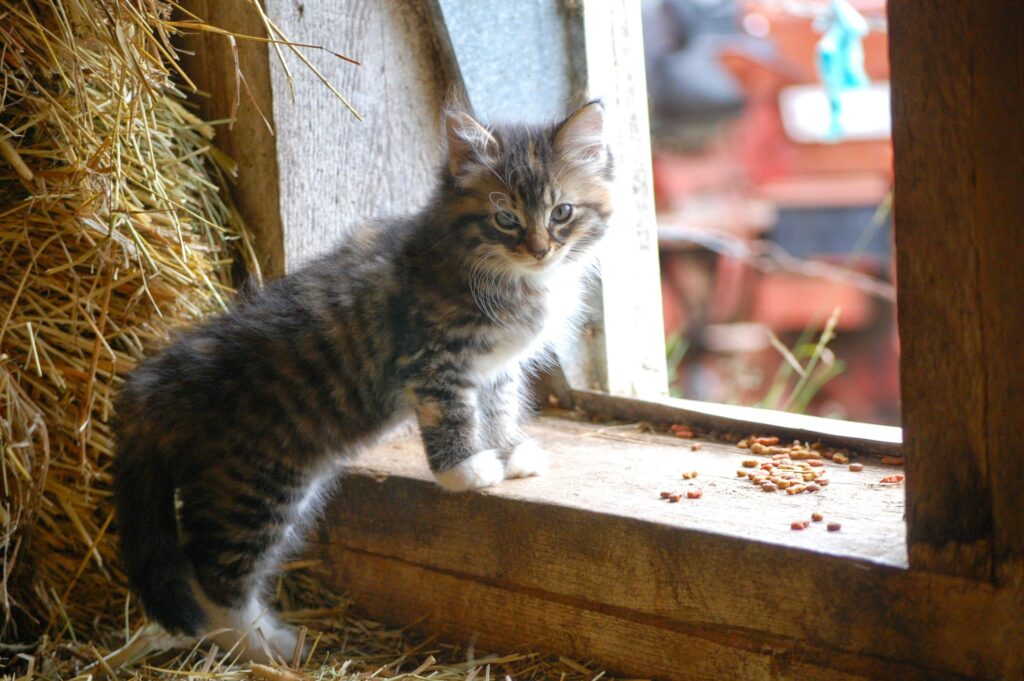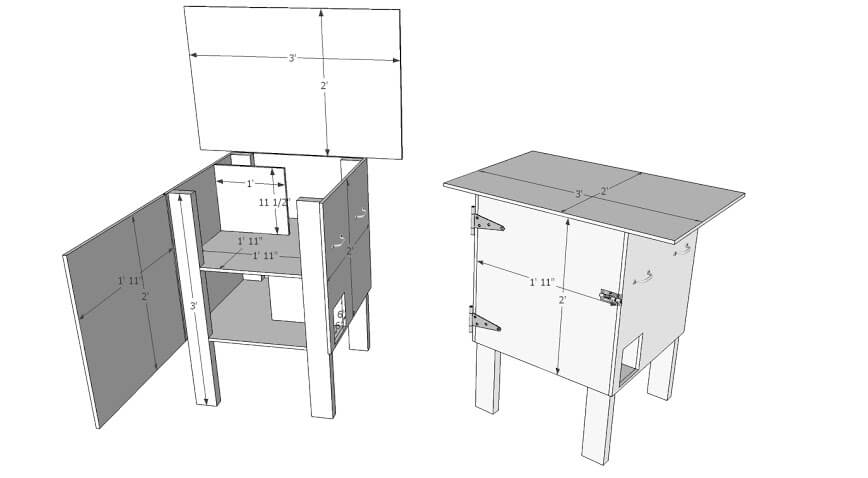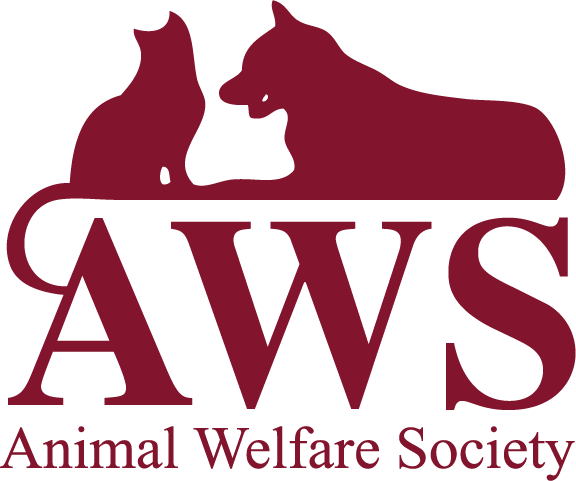Feral Cats
We support feral cat caretakers in a number of ways, including providing free spay/neuter services.
Taking care of community cats
Feral cats received little to no socialization as kittens and thus do not feel comfortable around humans. Therefore, they do not have the demeanor to be house cats. They live outdoors, frequently in colonies with other feral cats, often in outbuildings, barns or small shelters provided by property owners. Feral cats are also referred to as “community cats.”
Many feral cats rely on the kindness of human caretakers and community members to provide regular access to fresh food and water. One of the best ways a caretaker can support a feral cat is through trap-neuter-return (TNR). With TNR, the cat is safely and humanely trapped so that it can be altered and vaccinated before being returned to its colony. This reduces the number of offspring in the colony and makes the colony and its individual cats healthier and safer.
Spay/Neuter Surgery

At the AWS Community Veterinary Clinic, the following services are administered at no cost for feral and free roaming cats trapped in Maine:
Mandatory Services
- Sterilization surgery (including a small tattoo applied near the incision)
- Ear tip of the left ear – ear tipping is mandatory for cats receiving free services through this program. It is a universal symbol that indicates the cat has been spayed/neutered.
- Rabies vaccination and distemper vaccination
- Single dose of Revolution (for fleas, hookworm, roundworm, ear mites)
Optional Services
- Microchip: $25
- FeLV/FIV Combo Test: $45
Because we require all cats going through this program to receive a rabies vaccination, cats must be at least 12 weeks of age.
If you have cat(s) on your property and would like to participate in TNR at no cost, please note the following:
- Cats are required to come in a feral trap NOT a carrier.
- No appointment needed; however, if you have more than 2 cats to bring in, please contact us at (207) 292-2424 in advance to coordinate.
- Early morning drop off is Tuesday, Wednesday, and Thursday between 8:30am and 9am.
- Cats are ready to be picked up between 4-4:30pm the day they receive surgery.
- They must recover for 24 hours with their caretaker before being released back to their colony.

Humane Trapping
Feral Kitten Socialization & Adoption
In the case of feral kittens, if young enough, a litter may be able to be socialized in foster care, giving them the confidence and demeanor needed to become house cats. In these cases, kittens go up for adoption, rather than be returned to their mother’s colony. Call our Adoption Center at (207) 985-3244 to learn more.

Cat Shelter Plans
Feral cat shelters can provide a safe place for a cat or colony to take refuge. They can be a straw-lined sizable rubbermaid container with several portal to serve as doors, or they can be more elaborate, made of wood with multiple places for cats to rest and get warm. If you’d like to build a feral cat shelter of your own, we have detailed plans and diagrams, step-by-step instructions and materials lists for you.

